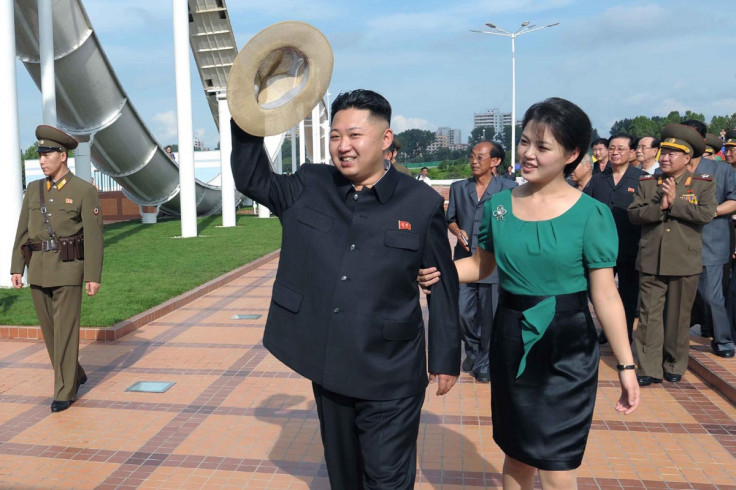Gravestone of Kim Jong-un's Grandfather Goes Missing from South Korean Island

A recently found gravestone that bore the name of North Korean leader Kim Jong-un's grandfather has vanished from the site in South Korea where it was discovered.
The grave on the volcanic Jeju Island in South Korea was identified as that of Kim's maternal grandfather, Ko Kyong-taek.
While the gravestone of Ko Kyong-taek disappeared on 29 January, those of other members of the Ko clan remain in place, Korean national daily Chosun Ilbo reported.
The gravestone was apparently removed by a descendant of Kim's maternal family.
The police said that a grandson of Ko's elder brother has moved the gravestone to another property on the island and away from the media spotlight.
The gravestone disappeared soon after its revelation in the media.
According to the police, the grandson removed the gravestone fearing it could be harmed following its exposure in the news reports.
Moreover, the location of Ko's grave in South Korea hinted at the possible links between Kim's lineage and South Korea, with which North Korea shares a longstanding hostile relationship – another possible reason why the Ko clan would remove the gravestone.
However, the grandson, who wished to remain anonymous, said that he did not know of the relationship between his family and the North Korean leader.
Kim's Maternal Family Record
Kim Jong-un's grandfather, Ko Kyong-taek, was born on the Jeju Island in 1913. In 1929, he moved to Osaka in Japan to work in a munitions factory.
Kim's mother, Ko Yong-hui, was born in Osaka. The family chose to settle down in South Korea after Ko was deported from Japan in 1962. He faced charges for human trafficking.
Ko Yong-hui was a dancer when former North Korean leader Kim Jong-il, Kim's father, made her one of his mistresses. She served as North Korea's First Lady till her death from breast cancer in Paris in 2004.
© Copyright IBTimes 2024. All rights reserved.






